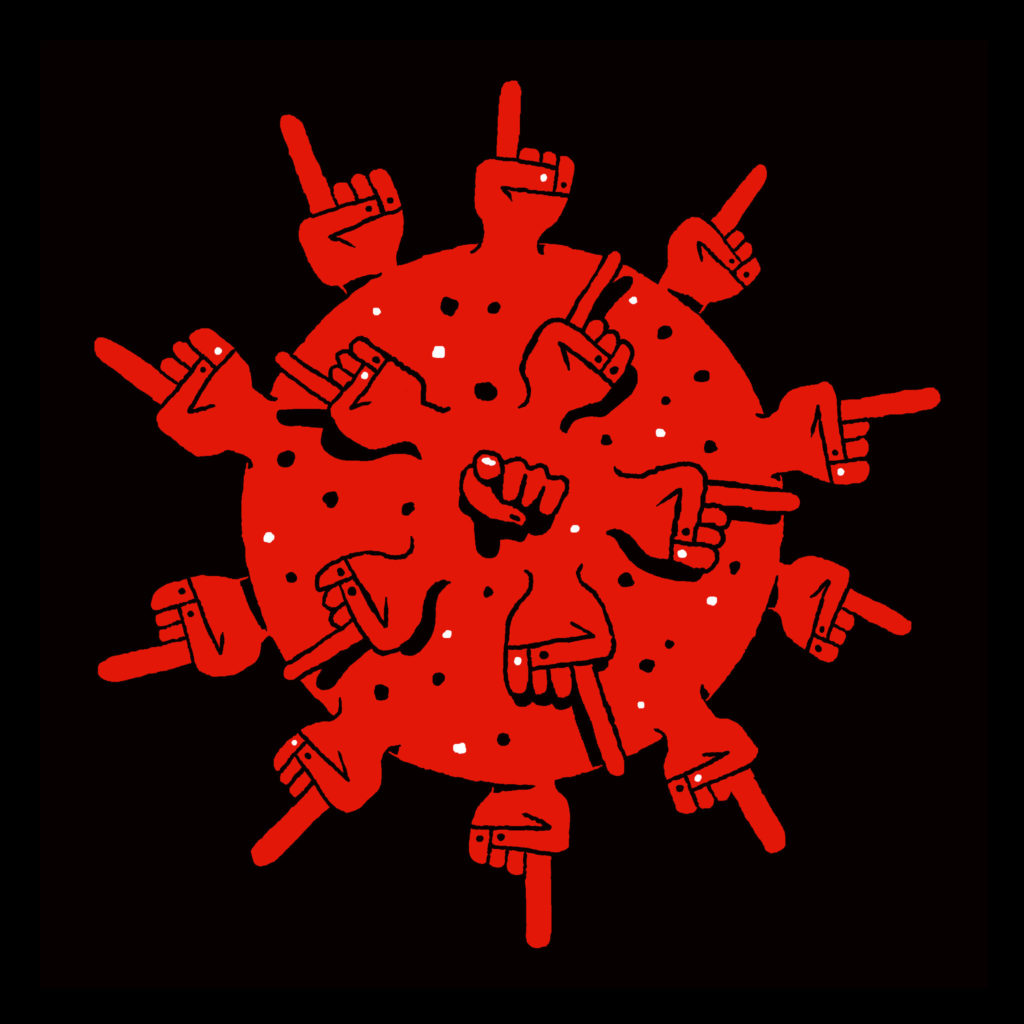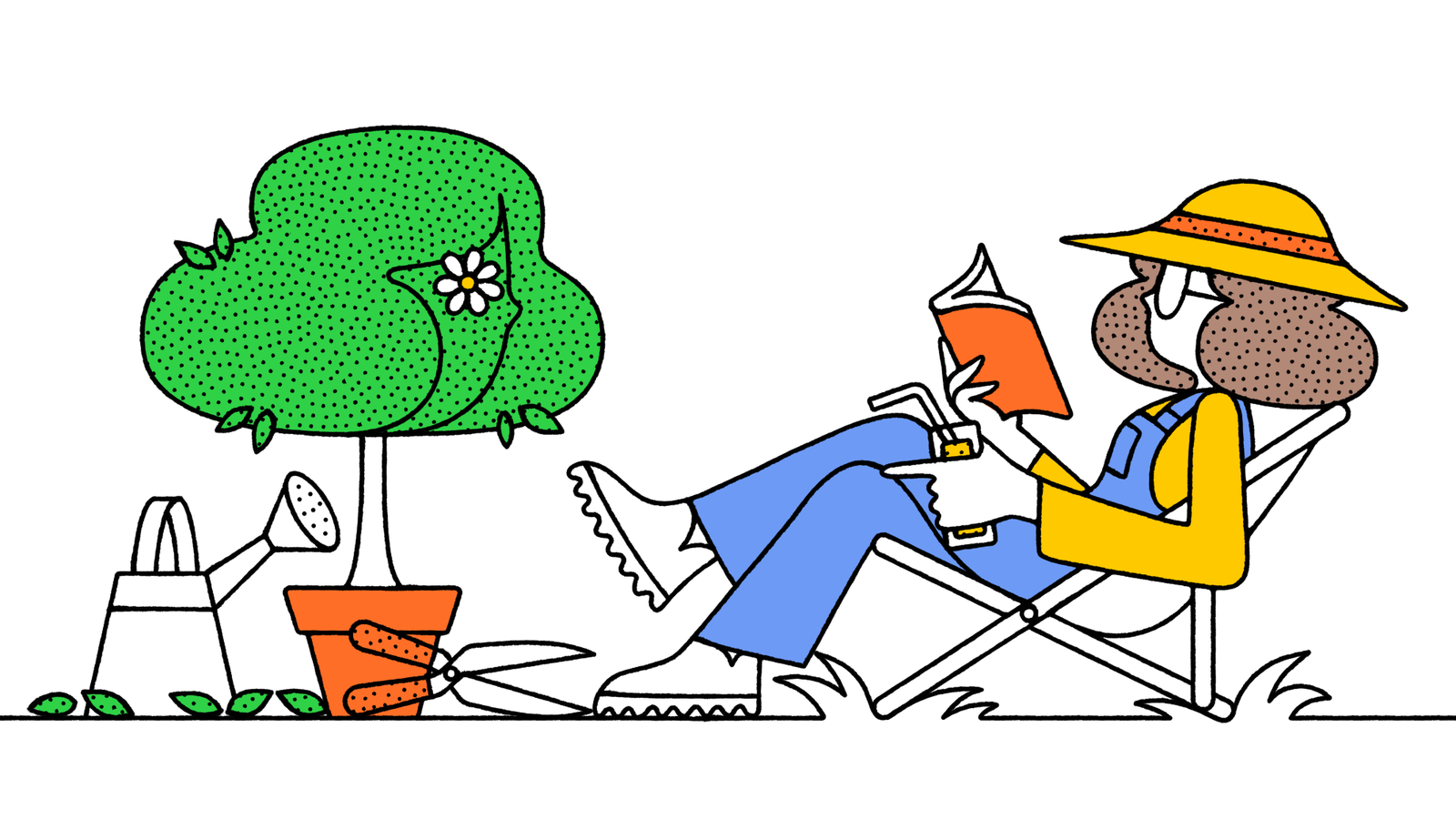One Love lists the 10 signs of an unhealthy relationship: intensity, jealousy, manipulation, isolation, sabotage, credit, betrayal, volatility, grip, and betrayal. Let know with us which behaviors make people grumpy and how to stop belittling people and yourself.
Target of belittling
Unfortunately, most of us have probably been the target of derogatory traffic at some point. At this point, it may seem like an isolated incident, but small comments can easily lead to verbal abuse if repeated over and over again. By the time you find out what’s going on, the game may be quite late. Impairment is often more difficult to identify than abusive behavior, which is why it is often considered abusive.
Definition of “belittling
The definition of “belittling “is easily derived from the two words “to be” and “small”. That is, accreditation is language or behavior that makes you feel small, unimportant, more or less. While disparagement is easy to understand, it is more difficult to identify as a verbal and emotional abuse tactic, since credentialing, rather than yellow and yellow, usually happens in private and over time becomes a model of abuse.
Unhealthy relationship disturb 100% Self-Esteem
If it’s about believing, we can reject it because we’re honestly older, right? Good bad. We have all heard the old saying, “The stick and stones can break my bones, but words won’t hurt me forever,” but the effects of verbal and emotional abuse are long-lasting and difficult to heal. Even if 100% makes the behavior unhealthy, that doesn’t mean we should stay in a relationship or friendship that undermines our self-esteem. It is one thing to be sarcastic during a heated debate and quite another to be condescending all the time. Unfortunately, most of us ignore derogatory comments that make us uncomfortable if we do such mistakes again and again we cannot stop belittling people.
I remember a case that happened to a relative of mine who was going through a serious divorce. Communication was low and it was difficult for my relative to set boundaries with his ex. When it came time to negotiate a divorce settlement, he decided that the only way to have a constructive discussion was to work with a mediator. When he told his ex, his response was, “This is absolutely ridiculous. Can’t you see me without a date now?”
Great.
This is a textbook example of derogatory comments and perfectly illustrates how scary, disrespectful, and disrespectful they can be. I later learned that there was a long history of belief between my relative and his old friend.
The danger of decomposition
What makes belittling so dangerous is that it is often rejected at first. Embarrassing comments like “You are so stupid” or “You would be more attracted to this …” can be misled by harmless jokes or constructive criticism that makes you wonder if there is any truth to them. This is where the danger lies; over time, the cumulative effects of degradation hurt you as you slowly burn out and erode your self-esteem. And when the minor accuses you of being overly sensitive and makes you question your own story, it’s not just concerning, it’s another form of emotional abuse called gas flaring. With gaslighting, you begin to wonder if his feelings are legitimate, reflect on your memories of past events, apologize for your partner’s behavior, wonder what’s wrong with you, and accept the judgment of others. There is a downward spiral of insecurity that is difficult to break.
How do you recognize the offensive language?
A degradation is a form of verbal abuse that can manifest itself in several ways:
Review
Comments or criticisms that irritate you, focus on the negative and create insecurity.
Minimize
A comment that describes your feelings, thoughts, experiences, or accomplishments makes you feel insignificant, hurts your feelings, or minimizes your results.
Depreciation
Comments designed to provoke feelings of guilt or shame – This is a form of emotional blackmail that makes you feel obligated.
Arrogance
Embarrassing and Embarrassing Language – You are thought to feel silly, clumsy, nervous, or embarrassed.
Abuse
Insults or put-downs: degrading comments that make you feel less or worthless.
Concession
Dealing with mistakes or failures in the past: This will leave you stuck and unable to move forward or improve yourself. It is negative and scary.
Manipulate guidance
Speculating on an indirect situation: inventing something to paint an inconsistent picture of yourself.
Remove the base
Asking questions about someone’s judgment or competence – This is a way to discredit or attack me about her abilities and feel less or incompetent.
Note on reduction
Humiliation is a hidden form of manipulation and abuse that occurs gradually. While what the people around you say every day is normal, it’s important to know that these things can affect you. You are negative or positive. The authors, the cannibals and those who are particularly self-critical are more likely to fall into the trap of putting derogatory comments in their hearts. But you may discover the internalization of your own disparaging views. Wondering if the voice in your head is disrespectful, ignoring the comments someone made to you? Do opinions affect your self-esteem, self-confidence, or self-image? Do they doubt you? The first step in breaking the cycle is identifying behaviors.
How can you stop belittling behavior?

Once you realize that you are the subject of fewer comments, you need to know how to deal with and stop them. Here are some tips for doing this:
To pronounce
Calmly say what someone said to you and firmly reply that you do not agree with what they said. Use affirmations like stop doing. Don’t talk to me like that. This sends a clear signal that you will not accept their behavior, and doing so early can prevent that behavior from becoming a pattern.
To be honest
Tell the person that what they said is offensive. If he doesn’t understand why explain how you feel. Be specific. If what you said matches one of the examples in the “How to recognize language inequality” section, use the same language as in that section to describe your behavior. I could say that your comments make me doubt myself, or that your comments really detract from my knowledge and experience.
Be firm and patient
Take the time to talk to someone about it, as they may not realize that what they said was offensive. Maybe they just need someone to express it and explain it.
While it’s important to have conversations with others about sensitive topics, sometimes you need a break from serious discussions. That’s where blackjack comes in! If you’re looking for a fun way to unwind and take your mind off things, playing blackjack can be a great option. But if you want to improve your game and increase your chances of winning, it’s important to keep a few blackjack tips and tricks in mind.
Use humor
Try to use humor to avoid disrespectful behavior. React humorously or exaggeratedly to the derogatory comment and laugh at it. This is what the scandal that is said looks like when it is not based on hard facts or evidence. Let’s say someone says, “You look ridiculous doing this.” You could respond by saying something like, “Yeah, it’s so funny you have to call the fashion police. And then I end up on the tabloid pages. That’s bad. So I can’t see my face in public or even say you too. you know me. “
Finally, if none of the above measures works to interrupt or change the subordinate’s behavior, you may need to end the conversation. You don’t have to put up with this behavior. If your friend, relative or S.O. Keep making derogatory remarks after explaining how you feel, so they can take more distance from the person before they change their behavior.




